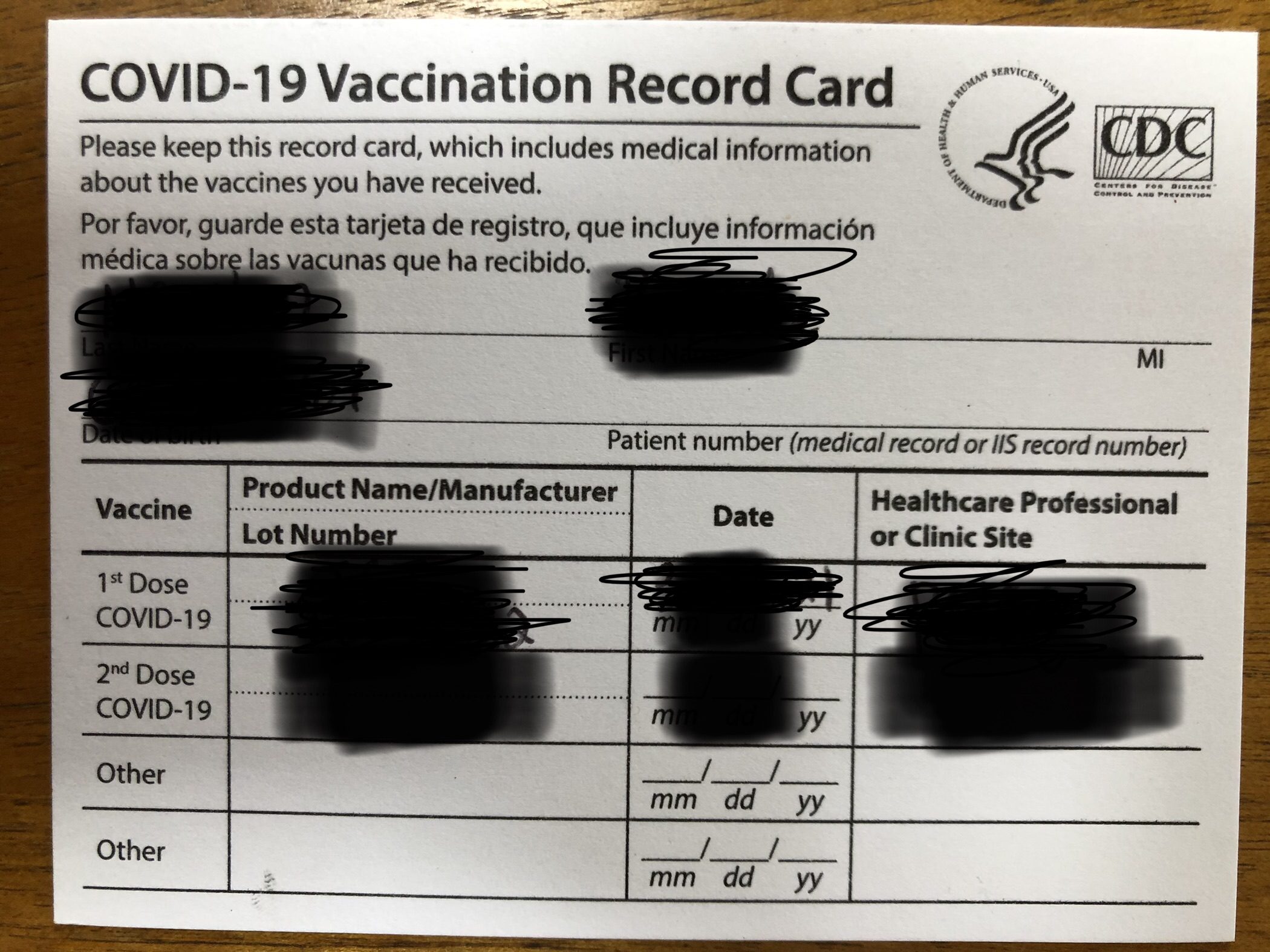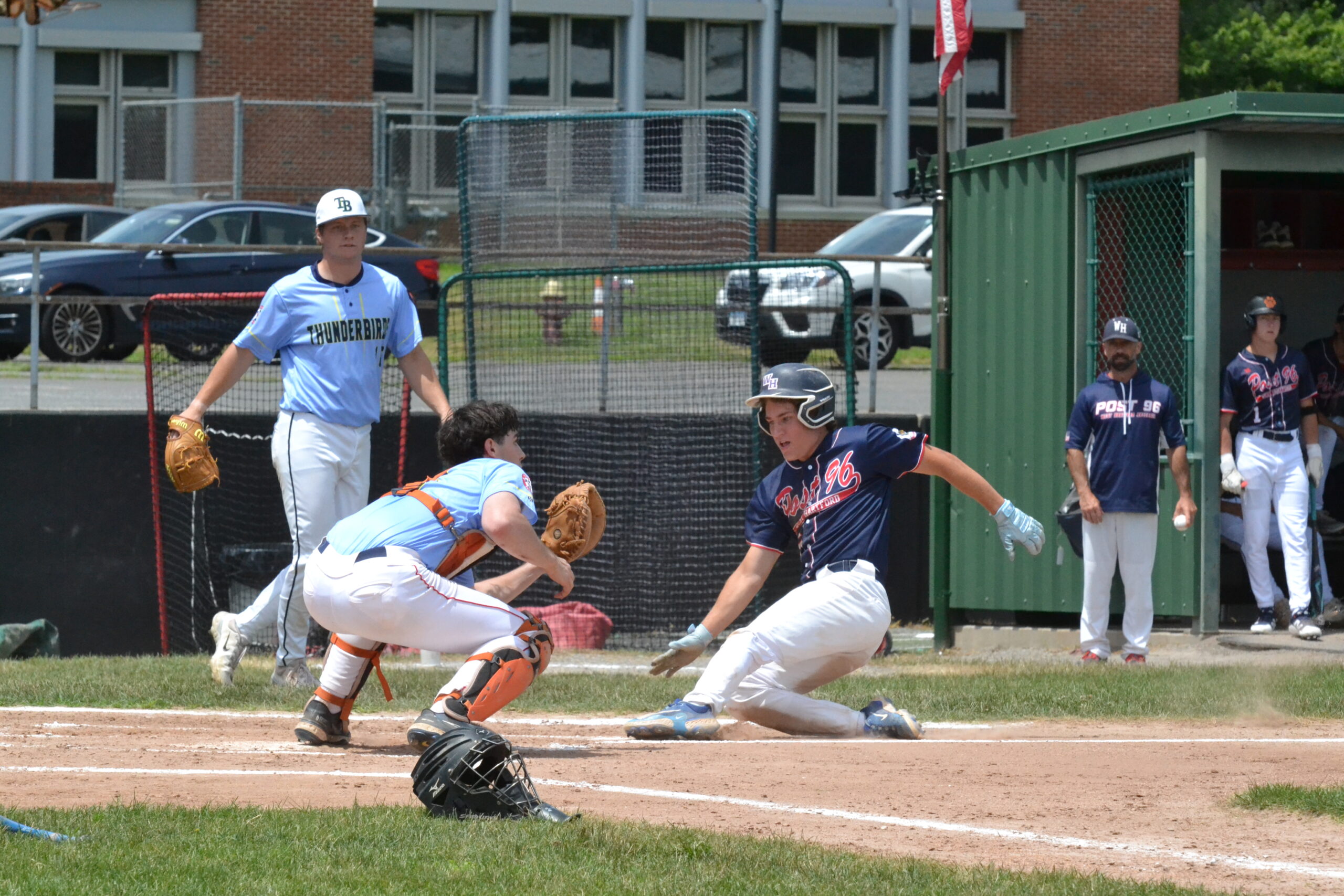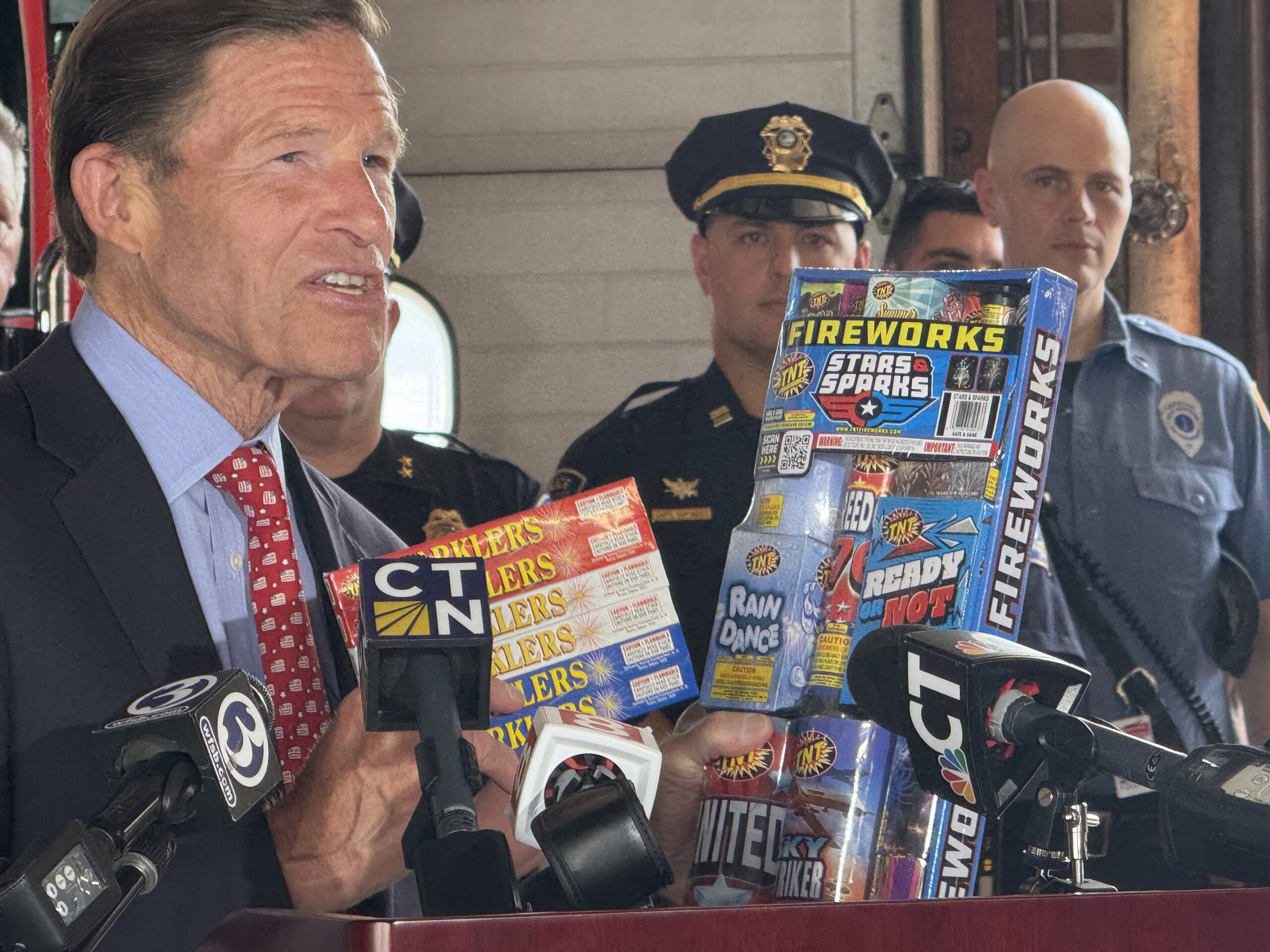Colleges Rely on Honor System for Vaccination Verification

Audio By Carbonatix

Photos posted on social media at the beginning of the vaccination process showed registration numbers and were used by those looking to create and sell fake vaccination cards.
By Nicole McIsaac, CTNewsJunkie.com
Many Connecticut colleges are requiring COVID-19 vaccines for the fall semester and many are relying on a trust-based verification system.
Similar to fake I.D.’s on a college campuses, fake vaccination cards are not hard to come by these days. The fabricated document is just one way to get around a vaccine mandate.
The process for submitting vaccination records to some colleges across the state rely on students using the honor system by uploading a photo of their vaccination card.
The University of Connecticut requires students to submit their own photos of vaccination cards performing what the university described as a “trust exercise” for students.
“We believe this is because requesting an exemption under UConn’s policy is simple and straightforward, which provides students with an easier and more honest path than paying for false credentials, taking the risk of being caught, and potentially facing discipline,” UConn’s University Spokesperson Stephanie Reitz said last week.
Reitz stated that the university has not encountered issues with fake vaccination records. An estimated 94% of their incoming 11,000 residential students submitted vaccination cards.
Quinnipiac University follows a similar system, allowing students to upload a picture of their vaccination cards to the university’s online student health patient portal.
“Our student health services team reviews every card that is uploaded, ensures the appropriate information and signatures are included, and follows up with students if there are questions or if there is missing information,” Quinnipiac’s Associate Director of Public Relations John Pettit said.
The University of New Haven has a similar process, which consists of students uploading a picture of their card to through the application, Co-Verify.
University of New Haven’s COVID-19 Coordinator Anthony Santella said the university has been closely monitoring vaccine card submissions and has taken the steps necessary if suspicion arises for a fraudulent card.
“We ensure that it’s a clear picture, that the information makes sense in terms of when the first dose happens versus the second dose and that all the fields are completed.” Santella said. “If those handful of people that are reviewing the records suspect that something might not be right, then they reject the submission and ask someone to bring it in person or resubmit it.”
Earlier this year, fake COVID-19 vaccination cards flooded the markets, forcing the Federal Bureau of Investigation (FBI) and the Department of Health and Human Services (HHS) to release a statement prohibiting the sale, purchase or use of the fake cards.
Individuals can be charged with fraudulently using the seal of any department or agency in the U.S. and any other applicable laws, as seen in the recent arrest of one California woman distributing fake vaccine cards.
“By misrepresenting yourself as vaccinated when entering schools, mass transit, workplaces, gyms, or places of worship, you put yourself and others around you at risk of contracting COVID-19.” officials wrote in the statement.
However, many online websites and accounts are still selling blank vaccination cards, especially because of the demand from recent vaccination mandates.
On Twitter, one person who we are not identifying, advises individuals to privately message on Telegram, later charging $25 per blank card through Venmo, Cashapp, Apple Pay, or Cryptocurrency.
Other sellers on Instagram, charge up to $150 and promise to deliver the physical fake cards within 48 hours. In some circumstances, some sellers are charging higher rates for registered cards over blank fake vaccine cards.
At the beginning of the vaccination process people were posting photos of themselves on social media with their vaccination cards, which include a registration number. Those numbers were then being stolen by those looking to create and sell fake vaccination cards.
Republished with permission from CTNewsJunkie.com, all rights reserved.
Like what you see here? Click here to subscribe to We-Ha’s newsletter so you’ll always be in the know about what’s happening in West Hartford! Click the blue button below to become a supporter of We-Ha.com and our efforts to continue producing quality journalism.



